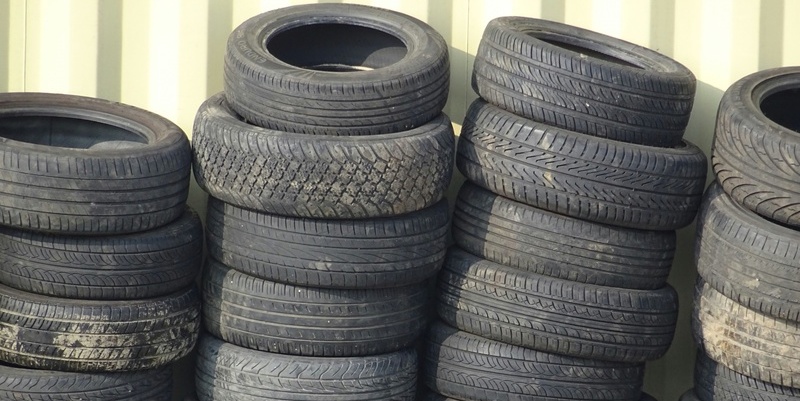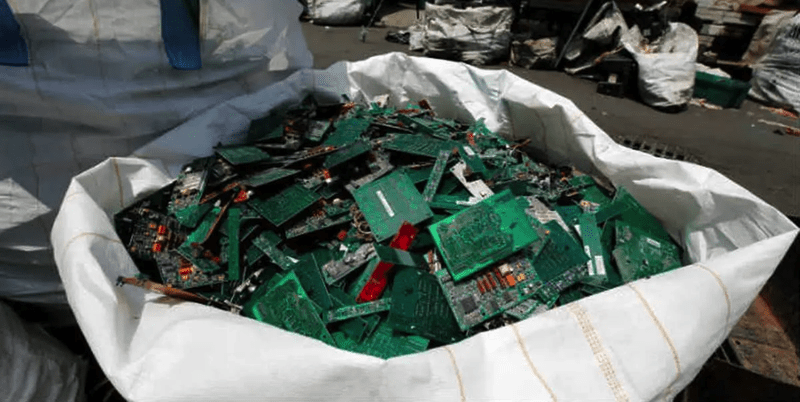Schedule a Call Back
The lack of skilled workforce is one of the major challenges
 Interviews
Interviews- May 01,17
Manoj Dunung, Managing Director, Weidmueller India, on the opportunities offered by the growing space for manufacturing in India.
Weidmueller has expanded its presence in India. Can you brief us about your office in Bangalore and the purpose for expansion?
Weidmueller has expanded its presence in India with an office in Bangalore in view of future requirement of space and manpower. The present team of 18 people is expected to double in the next 2-3 years, and the office will be well equipped to provide support for sales, marketing, training and related services to the Indian market. Future expansion will be sales and distribution networks at strategic locations, warehousing, valued added solutions with local assembly and eventually local manufacturing in line with the motto ‘Make in India’.
How are you supporting the Indian manufacturing sector? What are your short-term and long-term investment plans for this sector?
Be it automotive manufacturing, electricity generation or water management – there’s hardly any industry that can do without electronics and electrical connectivity today. The complexity of demands in the new markets of an internationalized world, marked by constant technological change, is only increasing. Businesses have to face new and diverse challenges, and the key to solving these challenges is not always just a high-tech product. The solution lies in connecting power, signal and data.
Industrial connectivity needs connections. That’s precisely what Weidmüller stands for: performance, competence and reliability – since 1850. With 4,800 employees all over the world, Weidmueller supports customers and partners with products, solutions and services in the industrial environment of power, signal and data.
How do you analyse the current scenario of industrial technology in India? What are the future technologies that you are anticipating? Indian industries have realised the importance of robotics and automation and are willing to make substantial investments as the cost of skilled labour is rising and production processes are getting speeded up without compromising quality standards. These factors are forcing Indian manufacturers to consider industrial robots as a viable option, despite the relatively high-capital costs. Industrial economists recommend that robotics and automation will save costs in the long run.
Information and communication technologies are the main driving force behind developments as part of the trend towards Industry 4.0. Weidmüller’s development objective is to link these technologies sensibly with customers’ components and applications, in order to create solutions. Industry 4.0 is still in its infancy, with various companies and research institutions working on a range of concepts and pursuing different ambitions. The longer-term goal is to design an automation structure which – with extremely versatile production facilities – responds quickly, simply and competitively to customer requirements. To this end, all components are linked via a network in which they communicate with each other – this applies especially to all the electronic components involved in the automation process.
What are the major challenges witnessed in the Indian manufacturing sector?
The lack of skilled workforce is one of the major challenges faced in the country by most of the industries. The workforce is usually underutilised to their capacities by assigning lower-level jobs which restricts the growth of the employee and employer. Apart from the practical day to day challenges due to our complex regulatory procedures, like any other growing industry, we face a challenge to meet the low price expected from the market.
How are the latest developments helping in creating new value for customers?
The basic concept of Industry 4.0, however, paves the way for compelling solutions: the classic automation pyramid is replaced by a network made up of numerous intelligent components which interact and communicate with each other within this network. While modern-day production facilities manufacture as many identical parts as possible and as efficiently as possible, individual customer needs are set to increasingly take centre stage. As part of automotive production, each car is now being tailor-made as it were – in accordance with disparate customer requirements. This set-up will also be feasible in future for many other goods.
Essentially, it’s all about flexible production – in other words more varied and more customised models in less time. Tomorrow’s automation systems will therefore not simply increase their output or become even more efficient (around 150 instead of 100 coffee machines per time unit, for instance), but coffee machines will also be manufactured to more customised specifications in a single plant. Another feasible example is a paint shop that sends around twelve different sorts of paint through the facility. If this were feasible, it would translate into a formidable competitive advantage as part of more flexible customer orientation.
Which are the major sectors generating demand?
The automation industry is driven currently by the automotive, energy (e.g., power generation, transmission and distribution, renewable energy solar/wind), process industry (e.g., chemicals and fertilisers). The other sectors that also use automation to lower variance are the pharmaceutical, food and beverages, water and wastewater, cement, textile, metals, and the mining industry.
Can you brief us on your global market expectations in 2017 term?
We do foresee a challenging situation in the global market due to recession in the oil & gas sector, ongoing political and security concerns in many parts of the world and the overall economic scenario. In spite of all these factors we are forecasting growth driven by new technologies, enhancing efficiency and smart manufacturing.
Related Stories

Indian tyre exports surge 17% in Q1 FY25; reach Rs 62.19 billion
In terms of export volumes, Passenger Car Radial (PCR) tyres led the category, followed by Motorcycle and Farm/Agri tyres in Q1 FY25.
Read more
India to introduce repairability index for electronics to combat e-waste
The Consumer Affairs Ministry is spearheading the creation of this index, which will evaluate products based on several key criteria.
Read more
Noida facility to drive 'Make in India' for global markets, says JB Park
These centres are at the cutting edge of AI and product innovation, contributing to numerous patents and driving technological advancements both in India and globally.
Read more










